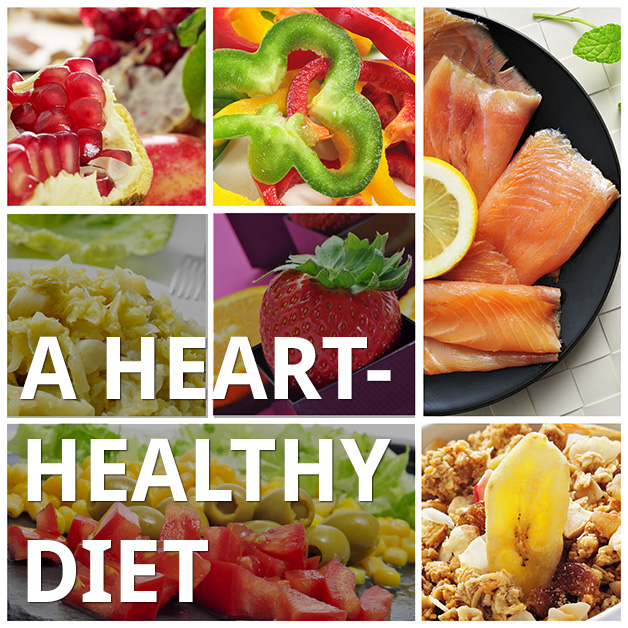
15 Mar What Does a Heart-Healthy Diet Actually Consist Of?
According to the American Heart Association, “Eating a diet lacking in healthy foods and/or high in unhealthy foods was estimated to contribute to more than 400,000 deaths from heart and blood vessel diseases in the United States in 2015.” Your diet can have an astronomically large influence on your lifestyle and health, especially heart health. Knowing how to plan out a heart-healthy diet, what foods to incorporate, and what foods to leave out, is exceptionally important if you have any risk factors for heart disease. Give yourself the best possible chance at having a healthy life and create a foundation of well-being.
There are some key ways in which to construct your diet for heart healthy living. Keep the following tips for healthy living in mind as you focus on your diet.
Ditch the Red Meat
Like most people, you probably love to eat a perfect hamburger, or perhaps you prefer barbeque pulled pork. Either way, both pork and beef have high amounts of fat. One of the most important changes you can make when pursuing a heart-healthy diet is to choose lean cuts of protein. Beef and pork are not considered lean protein. Skinless, trimmed poultry and fish should be your go-to protein choices in order to keep your fat consumption low.
Go Veggie Heavy
Eating a diet rich in vegetables is a way to improve your health no matter what your goals may be. With many different types of vegetables to choose from, you’re sure to find options that you like and can enjoy on a regular basis. Legumes are a great choice, and they are rich in fiber. Instead of traditional chili, opt for ground turkey and three bean chili for a hearty and tasty low-fat option. In addition to being high in fiber, fruits and vegetables are packed with nutrients and low in calories, which are important factors for dietary changes.
Add Fish
A diet with roughly two servings of fish a week is recommended by the American Heart Association as part of a heart-healthy diet. Their recommendations include trout, salmon, and herring, which are all high in omega-3s. Omega-3 is a beneficial fatty acid that helps to decrease triglyceride levels and also boosts the good cholesterol in your body. Fish is also a fantastic source of protein to keep your energy levels up.
Trans Fats? Saturated Fats?
Avoid trans fats in all your foods and limit saturated fats as well. If you need to lower your cholesterol and eat a 2,000 calorie diet, you should be consuming no more than 13 grams of saturated fat per day. Read food labels closely to help you figure out how much fat you’re getting in your diet and where it is coming from.
In addition to eating a heart-healthy diet, CHOLESTSolve 24/7 safely reduces total and LDL cholesterol levels and may help reduce the risk of heart disease due to the high quantity of phytosterols in this quality natural health supplement.

